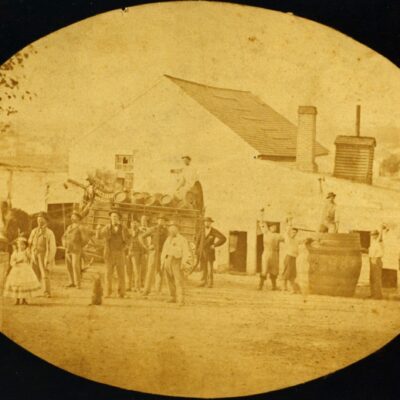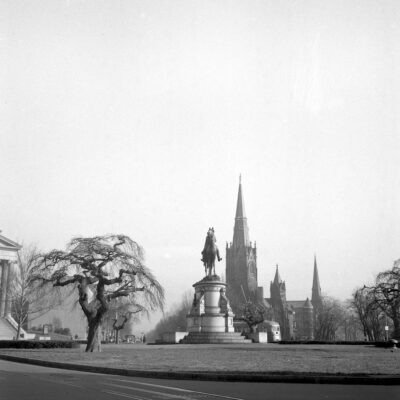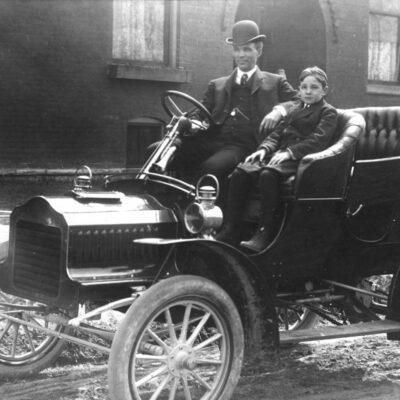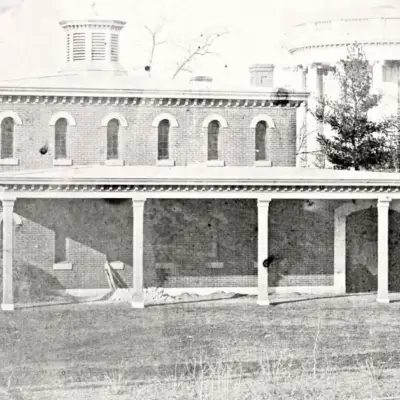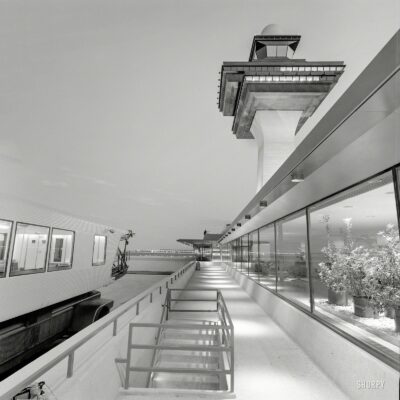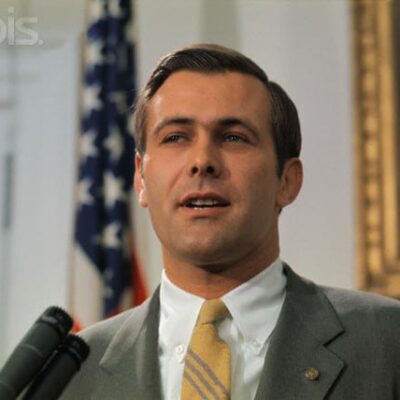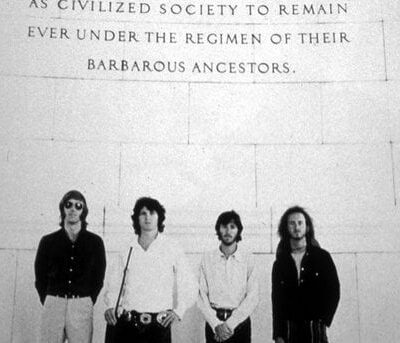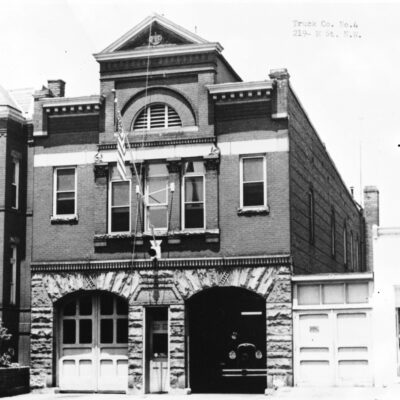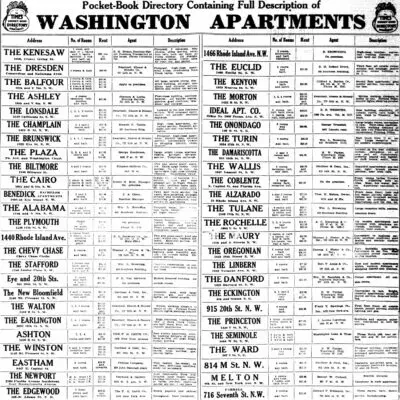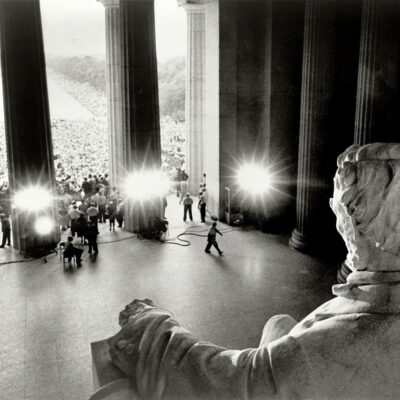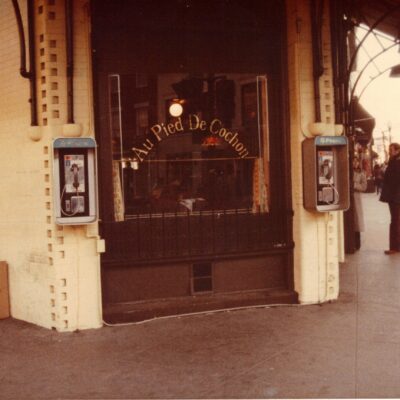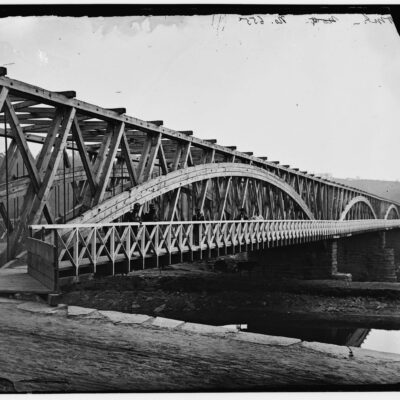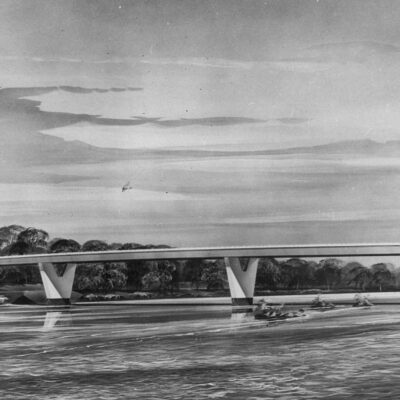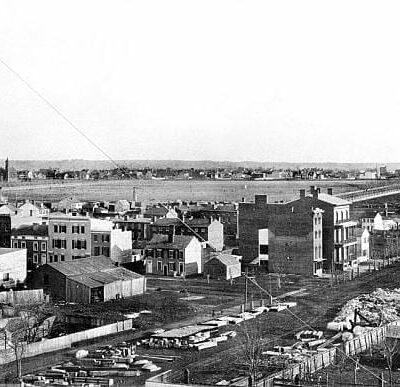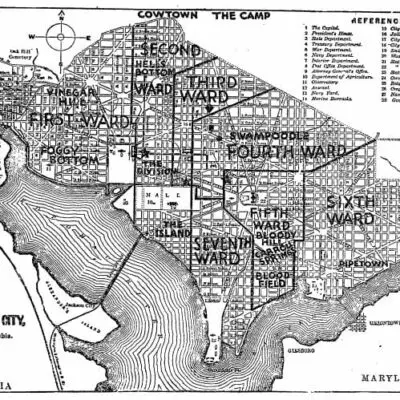We stumbled upon a fascinating article in The Washington Post from March 1968, written by Elizabeth Shelton. The headline was “Democratic Women Get Preview of Year 2000” and some of it was incredibly prescient, including nuclear weapons and data privacy. The event was held at the Democratic Women’s Club on New Hampshire Avenue, just above Dupont Circle.
The speaker that day was Dr. Anthony Wiener of the Hudson Institute, who was speaking in place of his boss Herman Kahn, who was a Pentagon advisor. The two men had co-written a book, “The Year 2000,” which assumed the 21st century would look more like Aldous Huxley’s “Brave New World” than the Big Brother dystopia of George Orwell’s “1984.”
The talk began by focusing on the potential for tactical use of nuclear weapons in Vietnam, with a potential escalation of forces during the war. There were quite a number of prominent voices raising the fear of the Soviet Union’s involvement, spiraling our involvement into the possibility of thermonuclear war between two Cold War superpowers. Wiener suggested that it was unlikely Russia would step into the conflict, regardless of weapons used. The article shared his thoughts about future conflicts following Vietnam.
[N]o matter how the war in Vietnam is resolved, coups, civil wars and tribal strife will continue over the world for some time to come. This will be partly due to Communist exploitation of the growing wealth gap between industrialized and developing nations.
As an illustration, he said that Indonesia at its present rate of development will take six centuries to match the growth and improvement in living standards achieved by the United States between its 19th Century industrial revolution and the present.”
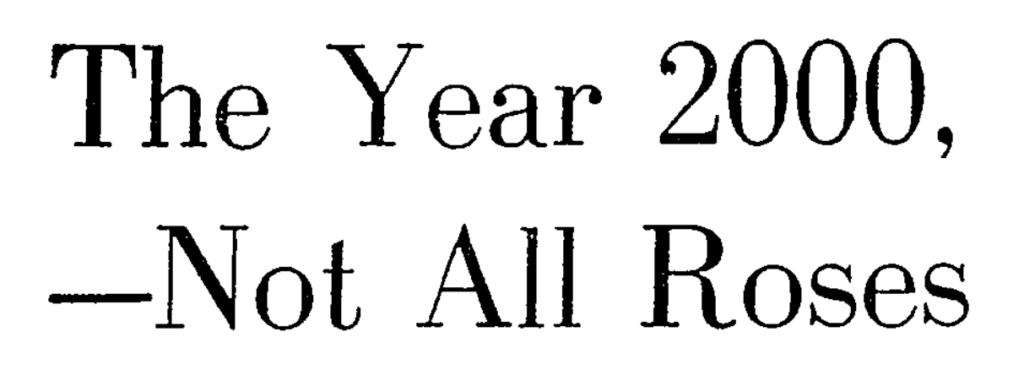
His speech gets very interesting, and in retrospect, accurately predicts a number of potential concerns we now face with the progress of technology and continued reliance on it as an engine of growth.
The 21st Century, as projected by Wiener for the U.S. and Western Europe includes these foreseeable problems of progress:
Possible use by organized crime or a psychopathic intellectual of a nuclear bomb or weapons on a city.
How true these fears continue to be as we went through two decades of the War on Terror, including early fears of a dirty bomb being set off in an American city, most notably with the José Padilla case in 2002. Or of course, more recently, with erratic or cult-of-personality leaders like Kim Jong-un of Vladimir Putin.
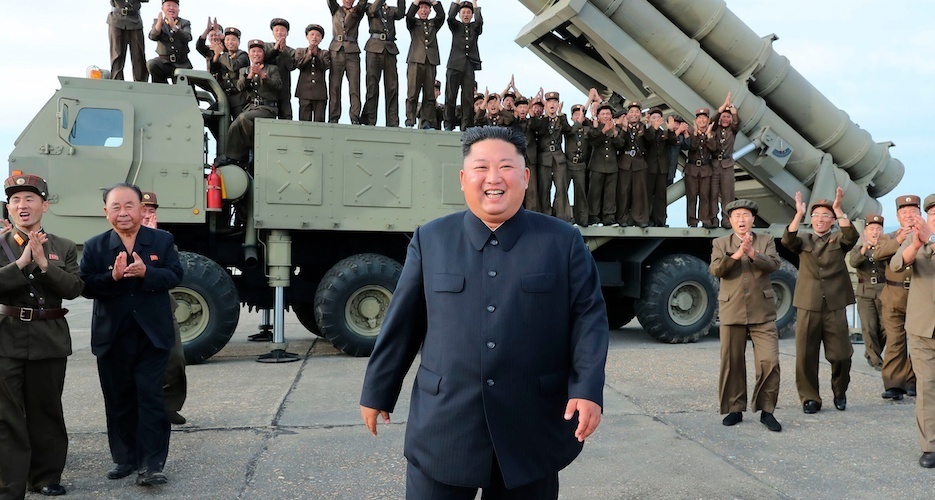
The article continues mentioning Wiener’s thoughts on computers and the environment.
Loss of personal privacy as computers collect and distribute information electronically at a central facility such as the proposed National Data Center.
Degradation of environment. The Torrey Canyon, a 70,000 ton oil tanker broke up on the Cornish Coast and the one that spoiled the beach at San Juan, P.R. carried 12,000 tons of oil. The Japanese plan to build a 500,000-ton oil tanker, Wiener said.
Growth of megalopolises with traffic so heavy that people do their work at home, by facsimile and travel only when they have previously filed flight plans.
Advance of medical science to the point where brain transplants are possible and a decision must be made whether the owner is a real person and has the right to vote.
What an incredible series of predictions 33 years prior to the year 2000. Wiener accurately predicted concerns we face today with climate change, remote work (thought pandemic-driven rather than traffic mitigation), and the loss of privacy through the rise and over dependence on technology platforms.
